BAA & BCIG CI Champions Initiative
The CI Champions initiative aims to ensure all eligible adults and children, and their families, are well-informed about cochlear implants and are offered a timely referral.

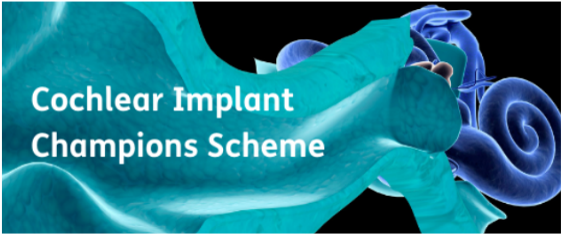
The CI Champions initiative aims to ensure all eligible adults and children, and their families, are well-informed about cochlear implants and are offered a timely referral.

BATOD was formed in 1976 by the amalgamation of The National College of Teachers of the Deaf (NCTD) and the Society of Teachers of the Deaf (STD). BATOD is the sole Association representing the interests of teachers of deaf children and young people in the United Kingdom.
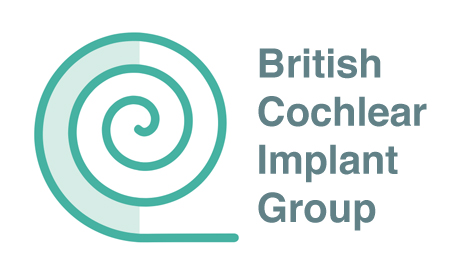
BCIG is a unique group of health care professionals and other interested parties in cochlear implant provision in the UK.
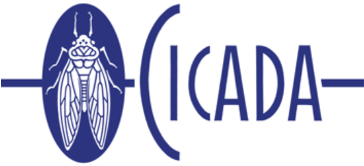
CICADA is a volunteer group supporting people with cochlear implants, helping hearing impaired Australians find a tailor-made hearing solution for them.
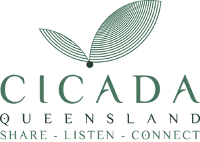
CICADA Queensland is a completely independent not-for-profit organisation and support group, registered as a charity in Australia. Donations to CICADA Queensland are tax-deductible and play a vital role in helping us achieve our goals and support others.

EFHOH consists of organizations of/for hard of hearing and late-deafened people, parent organizations, and professional organizations at a European level in dialogue with the European Union, members of the European Parliament, and other European authorities.
DCIG is a registered self-help association committed to creating good conditions that enable independence for wearers of a CI or hearing aid.

Hear His Voice Uganda exists to promote and offer early diagnosis and management of hearing loss among children and individuals so that they can actively participate in a normal life without stigma.
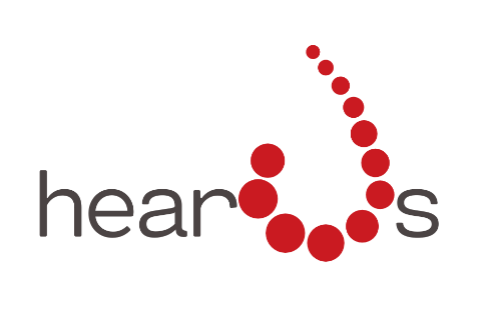
Hear Us exists to financially support deaf people from disadvantaged backgrounds to obtain cochlear implants and to give support to the hearing impaired and their families to realize their full potential in the hearing world.
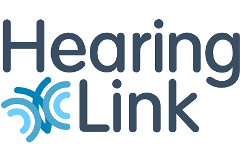
Hearing Link helps people with hearing loss adjust to the practical and emotional challenges that hearing loss can bring – offering shared experiences, practical support and guidance to help people reconnect with people and face the future with confidence.
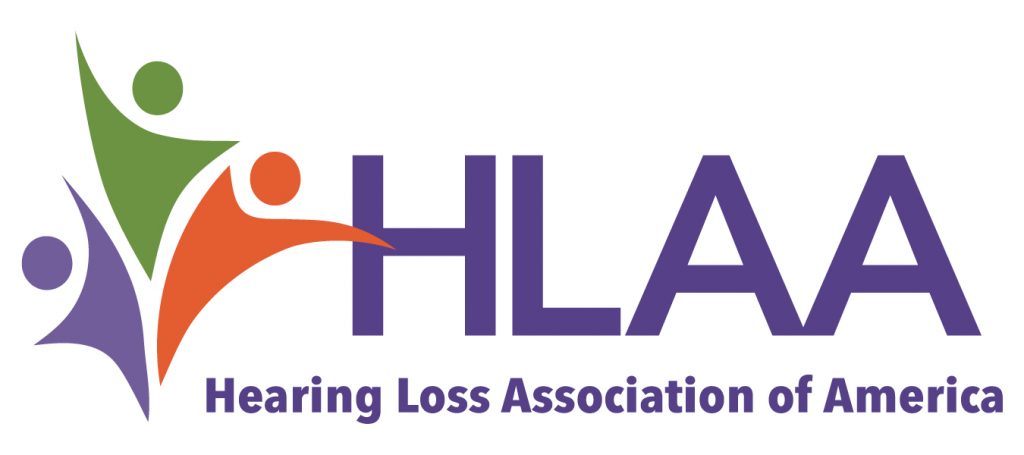
HLAA is the nation’s leading organization representing consumers with hearing loss. HLAA strives to give people the tools they need to live more successfully with hearing loss and to show them they do not have to face hearing loss alone.
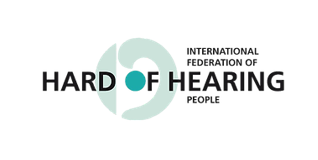
IFHOH represents the interests of more than 466 million hard of hearing people worldwide. This includes late deafened adults, cochlear implant users, and people who experience Tinnitus, Meniere’s disease, Hyperacusis and auditory processing disorders. IFHOH has over 40 national member organizations from most regions of the world.
NADP is a UK Disabled People Organisation with the main objective of increasing awareness of the specific needs and requirements of deafened people, to ensure they have full access to communication, information, employment and services.
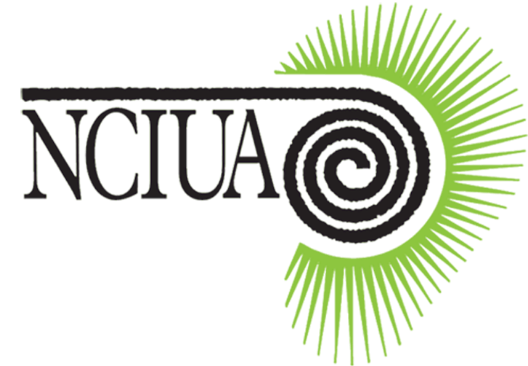
NCIUA’s mission is to offer help to everyone who might benefit from a cochlear implant, to campaign for them to have the opportunity to do so, and to represent the ongoing interests of cochlear implant users.
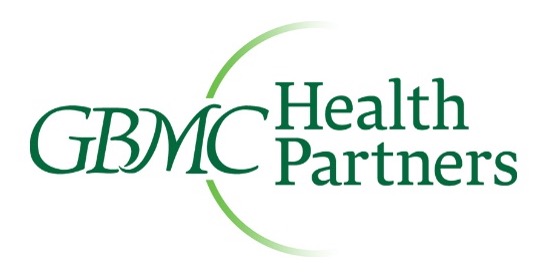
The Presbyterian Board of Governors Cochlear Implant Center of Excellence at GBMC work with children and adults, along with their families and educators as they pursue cochlear implant candidacy testing or need audiologic and rehabilitative services for their current implant.

Next Sense deliver world-class education, cochlear implant, allied health, therapy, research and clinical services to children, adults and their families across Australia.

The Nordic Council of the Late-deafened is a co-operative organization which works to ensure that the late-deafened people can achieve the same living conditions, human rights and opportunities as other citizens in the Nordic countries.

The Hearing House is a charity providing cochlear implants and support for New Zealanders in the upper North Island with profound hearing loss.

The Pindrop Foundation strives to make world-class treatment and early access to cochlear implants available to those adults affected by a severe hearing loss in New Zealand.
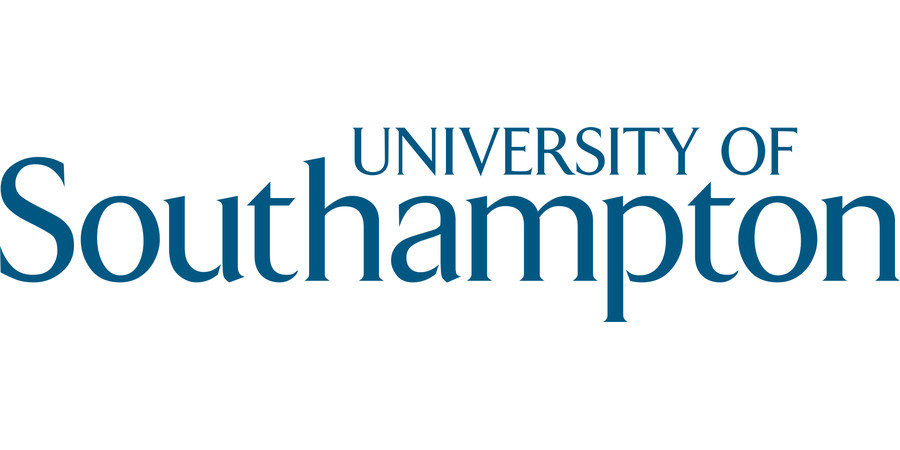
USAIS was established in 1990 to help severely to profoundly deaf adults and children. Since the programme began at the centre the surgeons have implanted over 2,000 auditory implant devices.